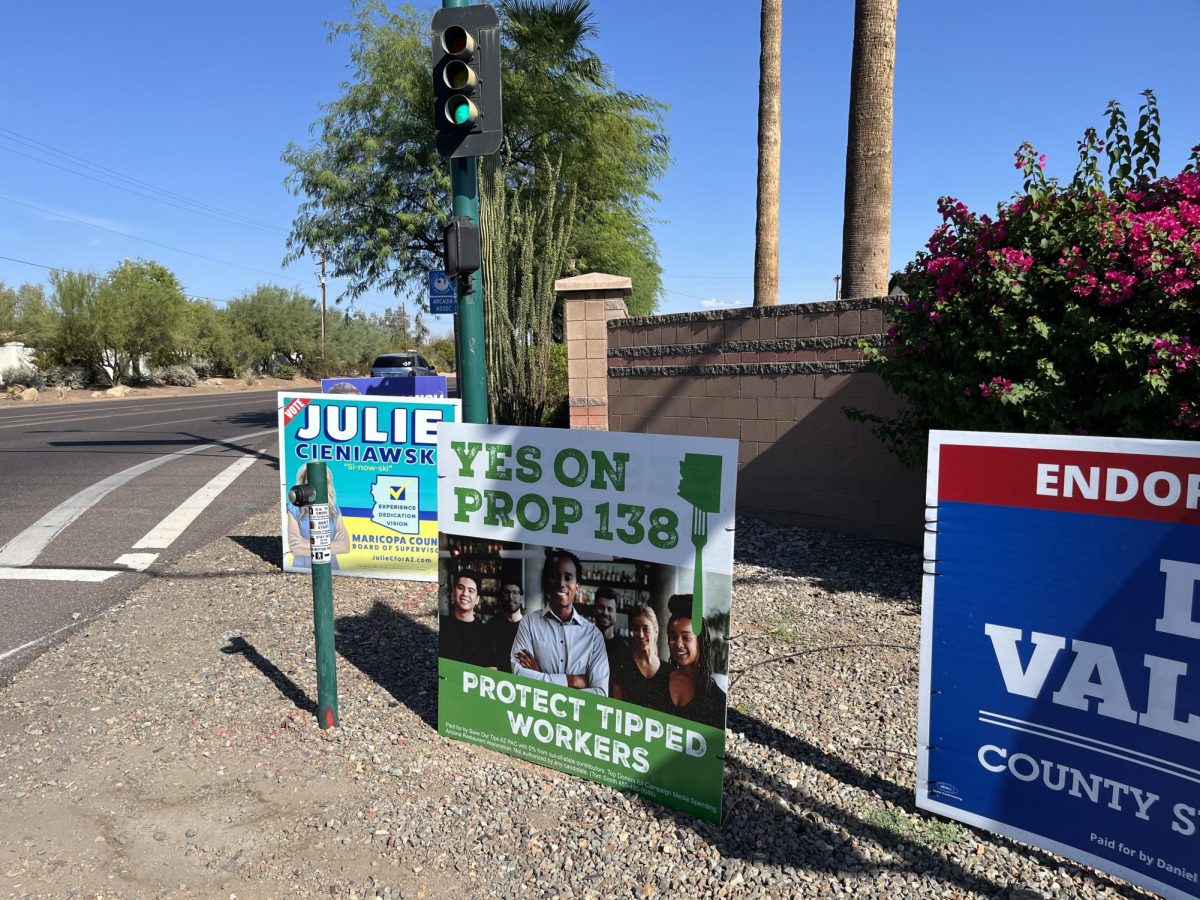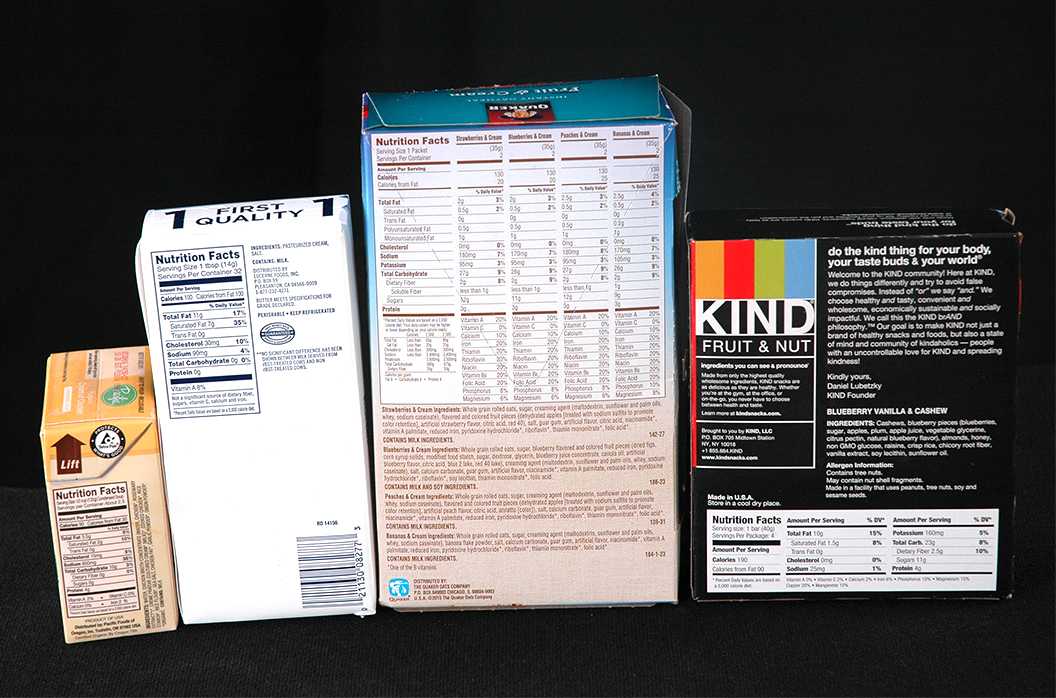Photo by Andrew Brown ’18 – Despite all that has been done to improve food labeling in the United States, much information is still being withheld from consumers.
By Cameron M. Bray ’16
THE ROUNDUP
Since the passage of the Nutrition Labeling and Education Act in 1990, food labels and nutrition facts have become of a staple of American comestibles.
Whether you look at a cereal box or a soup can, you will always find a nutrition facts label somewhere on the item, telling you the product’s nutritional value and its ingredients.
It goes without saying that is good policy.
Despite industry protests that these cautionary labels harm profits, which are factually dubious, consumers should always have the right to know what is in their foods and what exactly they are consuming.
This point is irrefutable. A free market is only truly free when consumers are making educated, voluntary decisions about the purchases that they make—not when businesses and companies get to exercise their freedom to cheat, lie, and swindle in order to make a quick buck.
We as Brophy students, in particular, who have been taught to appreciate and guard the health of our bodies, minds and souls, have the right to know what ingredients are being used to produce our foods.
Despite our country’s strong legal precedent for the labeling of foods, there is still much information being withheld from consumers.
What you will not always find on that same cereal box or that same soup can is whether that food was genetically engineered or not: whether it was produced from a genetically modified organism or not.
Currently, only three states—Maine, Vermont and Connecticut—require the labeling of genetically engineered foods, according to the Center for Food Safety, which advocates for greater consumer protection and healthier food production.
Meanwhile, over 60 countries, including France, Germany, Italy and the United Kingdom require the labeling of GE foods.
The fact that only three out of 50 states have GE labeling laws and that the federal government does nothing to implement this common-sense regulation is a travesty.
Ninety-two percent of U.S. citizens believe that GE foods should be labeled, according to a 2015 poll by the Mellman Group, and so do I.
What makes the situation worse is that in Congress, legislation that would conceal information about GMOs and would disadvantage consumers is being debated.
According to the newspaper The Hill, the House of Representatives passed the Safe and Accurate Food Labeling Act of 2015 on July 23 of last year, which would create a federal standard for the voluntary (rather than required) labeling of GE foods.
Opponents have dubbed it the “Denying Americans the Right to Know Act,” or DARK Act, since, as a federal standard, it would negate all the GMO laws already on the books, including those in Maine, Vermont and Connecticut.
In addition, the bill would also negate other state laws regarding the production of GE crops and would loosen the definition of “natural” to include some genetically modified ingredients.
Luckily, though this bill has passed the House, it awaits consideration in the Senate and has not become law.
I say luckily because I oppose this bill. And I oppose all other methods that seek to conceal valuable nutritional information from consumers.
GE food labeling should be the national standard and not just the standard of three meager states.



























